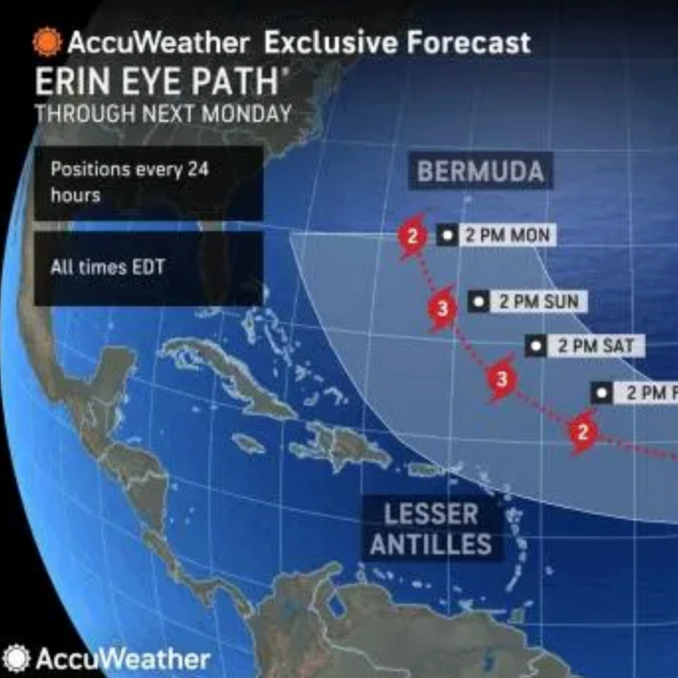Catastrophic Restaurant Fire Recovery
February 1, 2020
Yakiniku West, a traditional Japanese BBQ restaurant and East Village staple, sustained a catastrophic fire originating in their dining room. Following the fire, delays in the insurance carrier’s investigation nearly bankrupted the owner. When the carrier did finally honor the claim, they incorrectly applied a penalty to the settlement for the restaurant’s business interruption, substantially underpaying for Yakiniku’s financial losses.
Through exhaustive effort, Eastern Public worked with the insurance carrier’s attorneys to help them understand the carrier’s mistakes, successfully negotiating the settlement at policy limits and allowing the owner to reopen the business, and avoid costly litigation.
Our Work
News & Press

In property insurance claims, Actual Cash Value (ACV) is often calculated as replacement cost minus depreciation—but that doesn’t always reflect a property’s true value. Under the Broad Evidence Rule, adjusters and appraisers are encouraged to consider multiple factors, such as market value, functional condition, and income potential, to arrive at a fairer and more accurate valuation. This approach is especially useful for properties with unique characteristics or market conditions that don’t fit neatly into a standard formula. By weighting different valuation inputs, professionals can better capture the real economic loss—leading to more balanced, defensible outcomes for both insurers and policyholders.







